11 GPTs for AI Governance Powered by AI for Free of 2026
AI GPTs for AI Governance refer to advanced machine learning models, particularly Generative Pre-trained Transformers, customized to address and manage tasks within the realm of Artificial Intelligence Governance. These tools are designed to assist in formulating ethical guidelines, ensuring compliance with regulations, and facilitating transparent and accountable AI system operations. Their significance lies in their ability to process vast amounts of data, understand complex regulatory frameworks, and generate insights or recommendations tailored to the specific needs of AI Governance. By leveraging GPTs, stakeholders can navigate the intricate landscape of AI ethics, policy, and regulation more effectively, ensuring that AI technologies are developed and used in a responsible and sustainable manner.
Top 10 GPTs for AI Governance are: 2024 Privacy Ally,CAIO | Chief AI Officer GPT 🌐,EU AI Act,Inclusive AI Advisor,Beyond 2033 - AI's Contribution to Humanity,Ethical AI Insights,AI Act Companion,PINN & XAI Expert,Ethics Navigator,AI Ethics Guardian
2024 Privacy Ally
Empowering Privacy Through AI

CAIO | Chief AI Officer GPT 🌐
Strategize AI with virtual expertise.

EU AI Act
Navigating AI Compliance with Intelligence
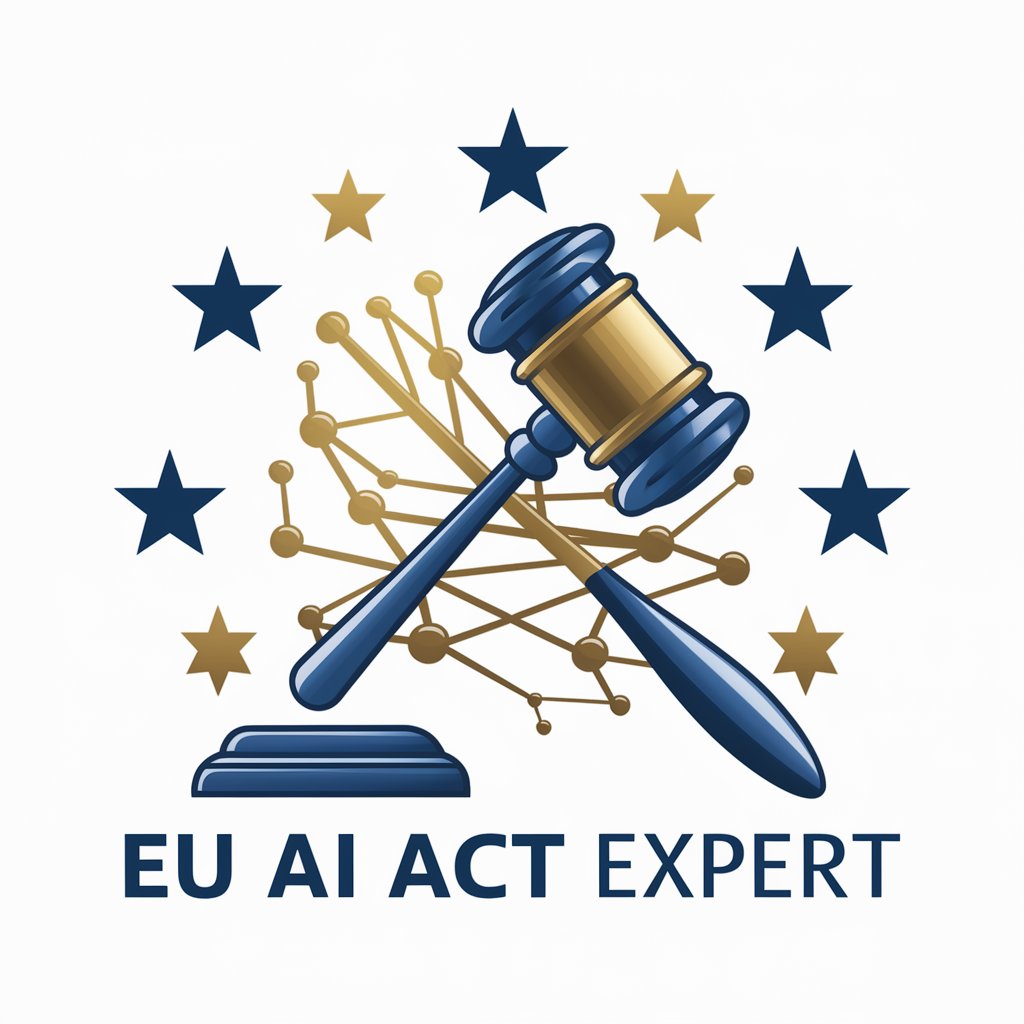
Inclusive AI Advisor
Empowering Fair and Responsible AI
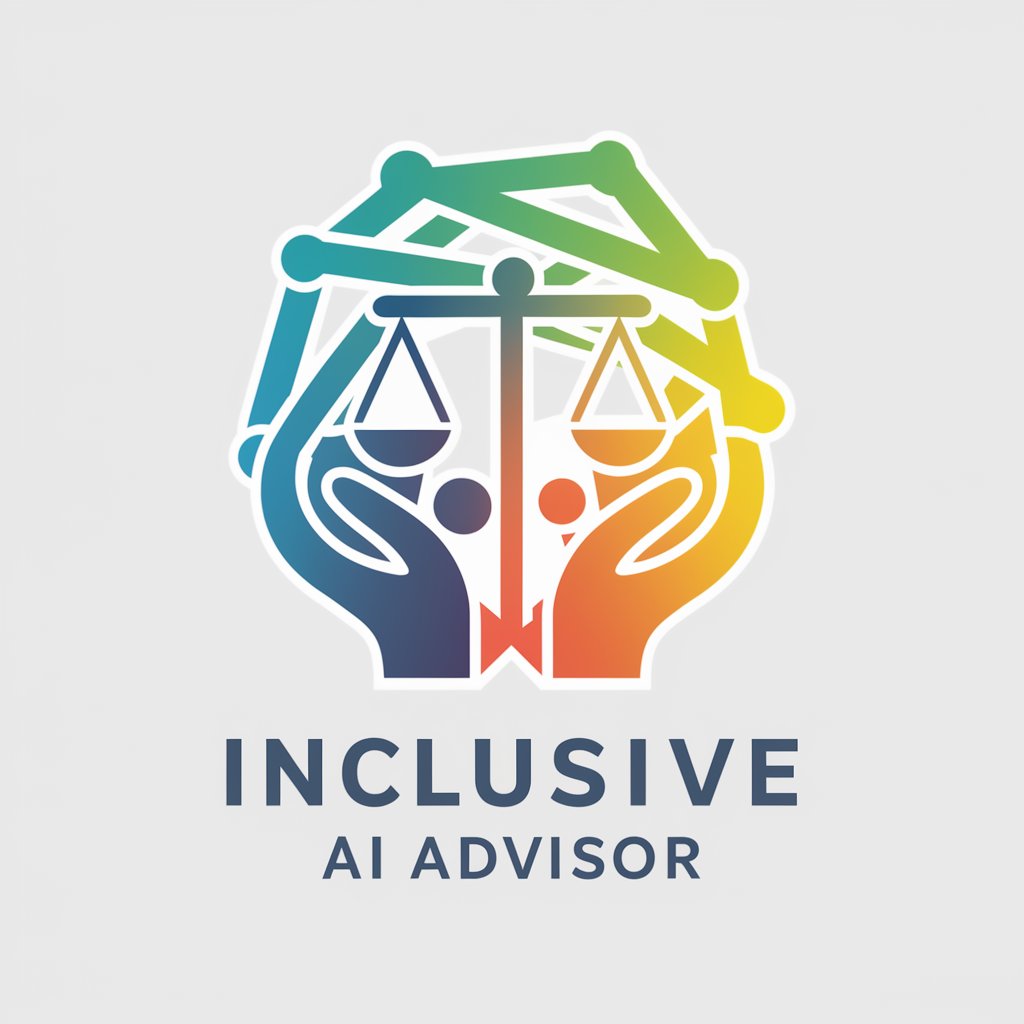
Beyond 2033 - AI's Contribution to Humanity
Navigating humanity's future with AI
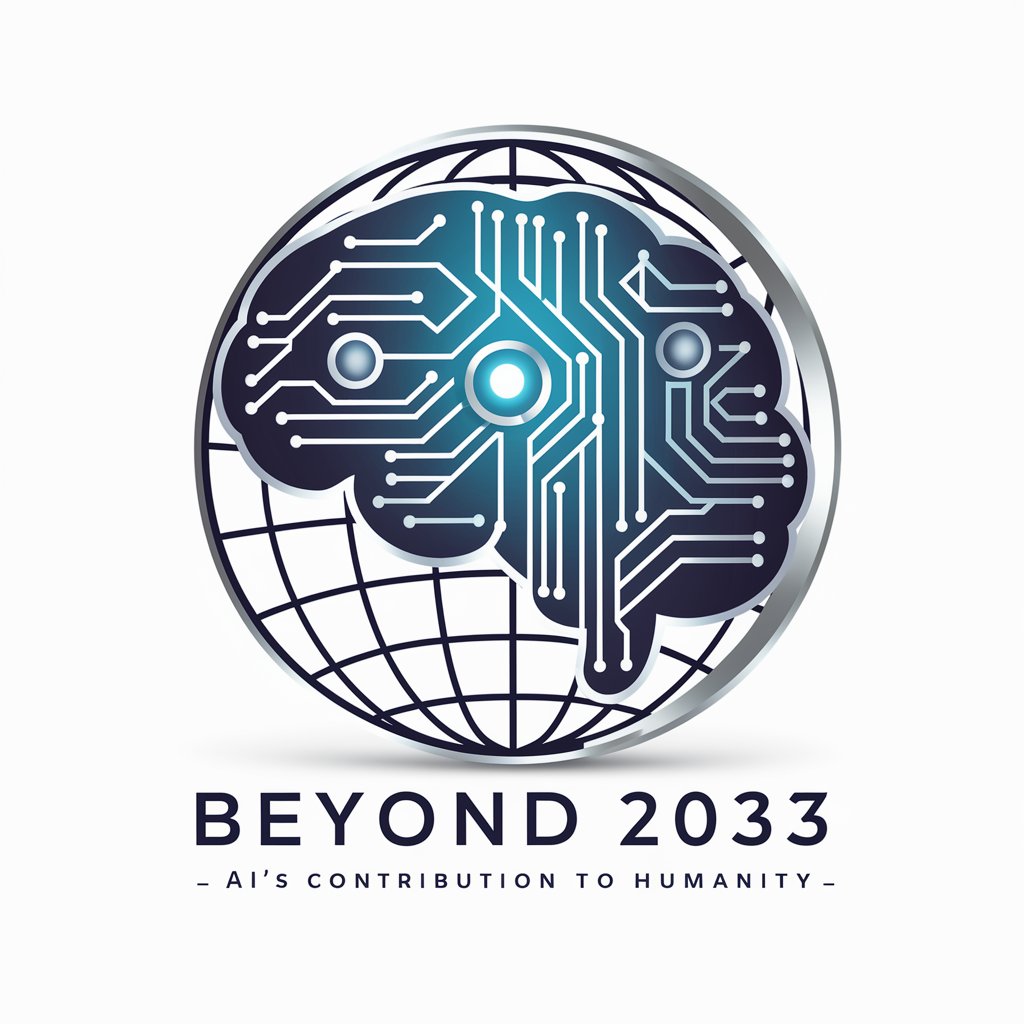
Ethical AI Insights
Empowering Ethical Decisions with AI Insights
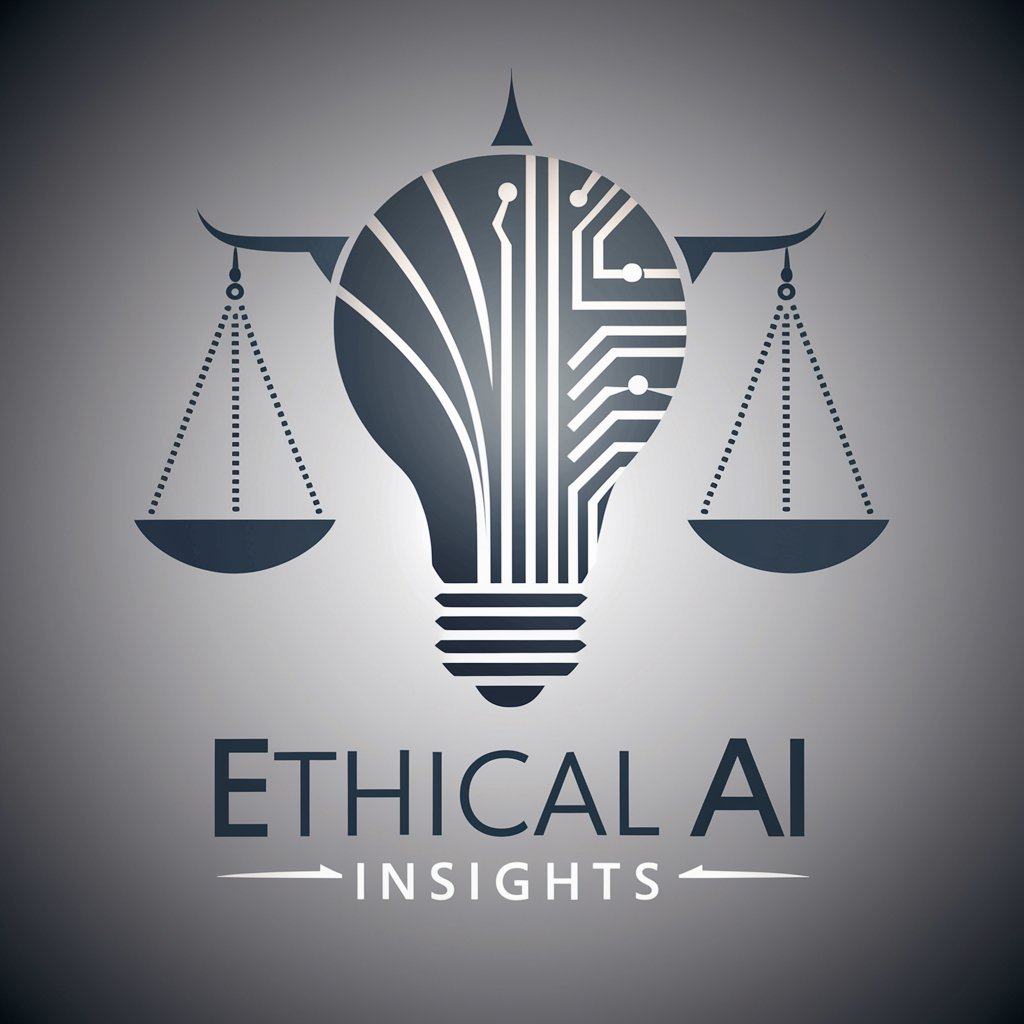
AI Act Companion
Navigate AI Law with AI-Powered Precision
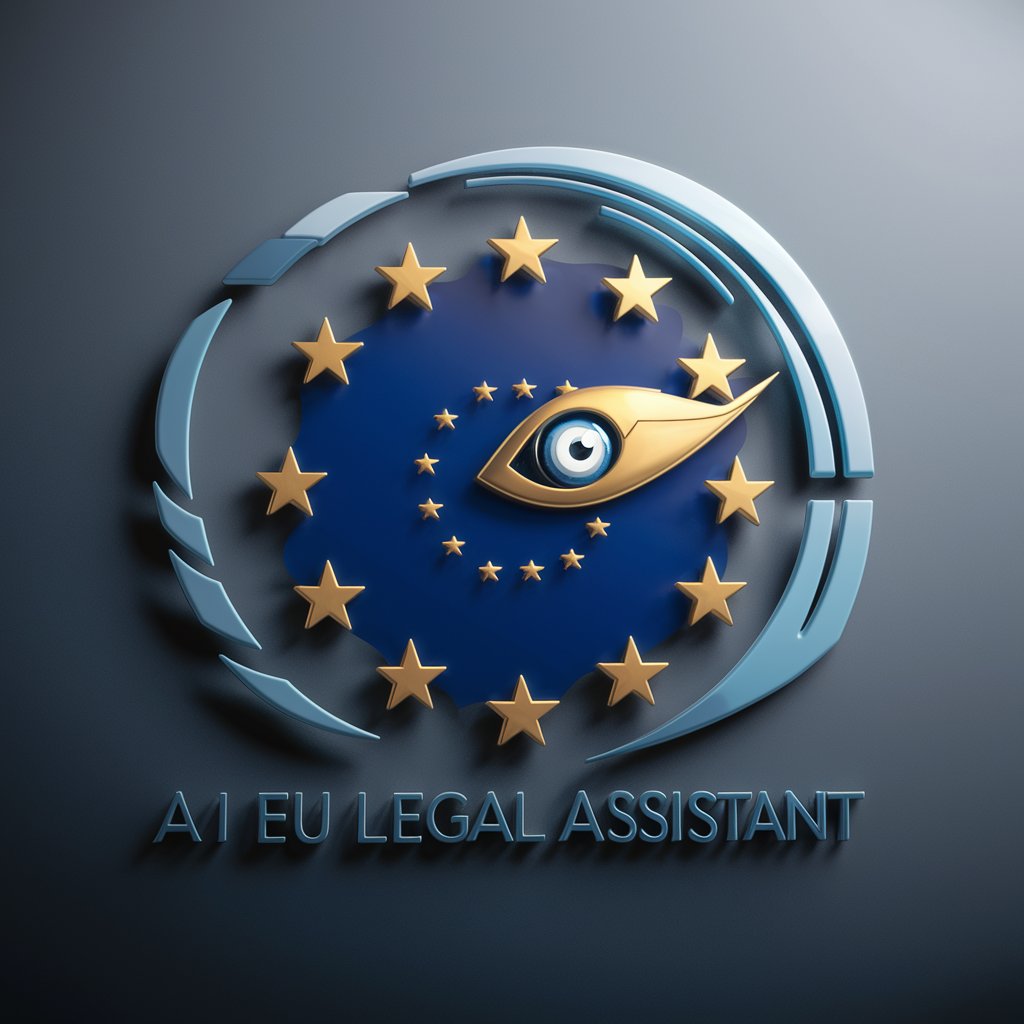
PINN & XAI Expert
Demystifying AI Decisions
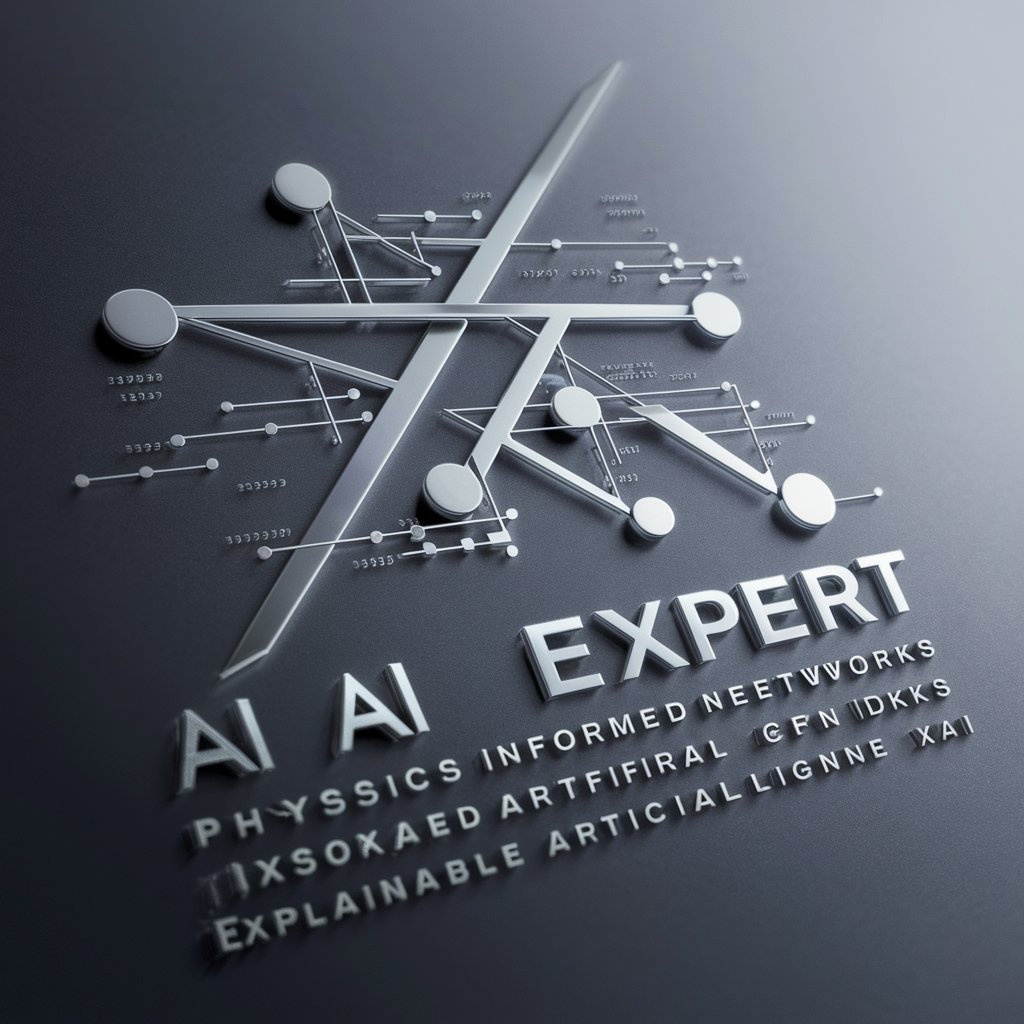
Ethics Navigator
Navigate AI Ethics with Confidence
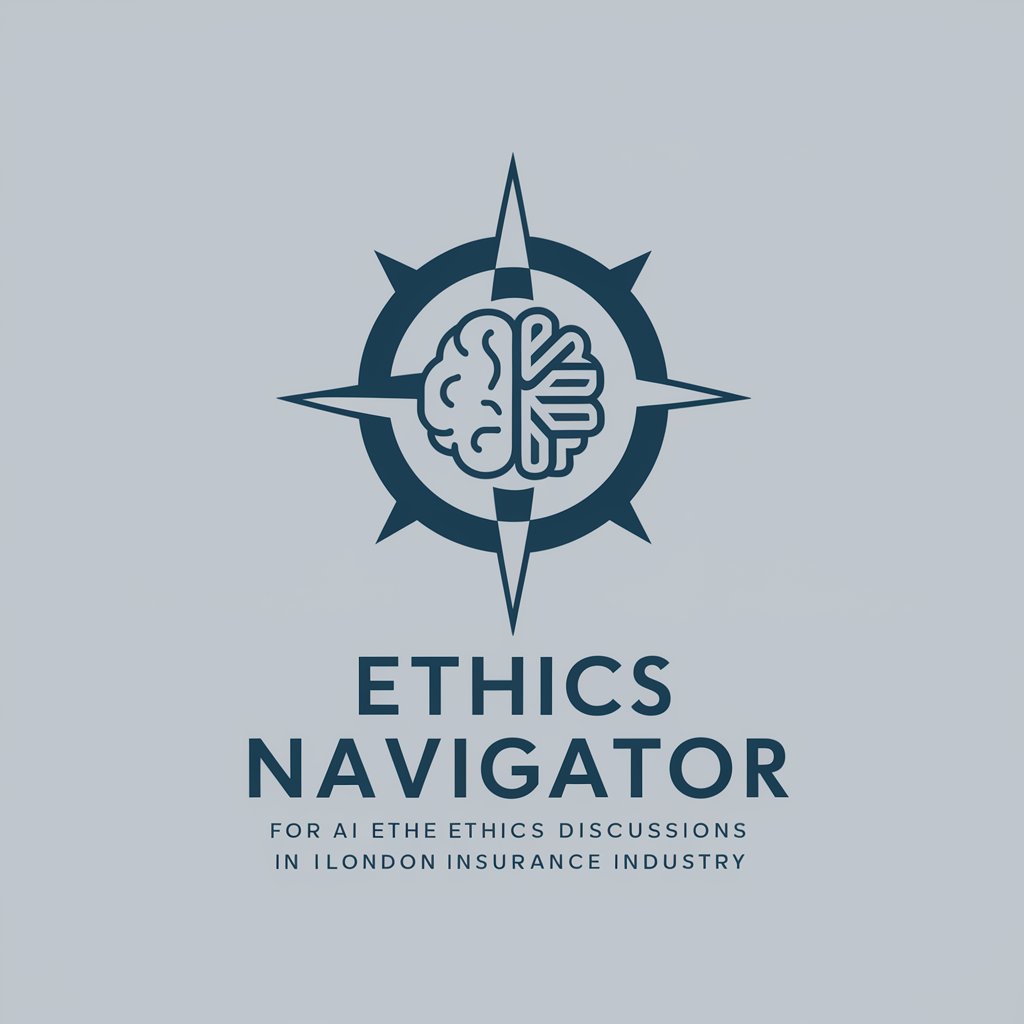
AI Ethics Guardian
Empowering Ethical AI Decisions
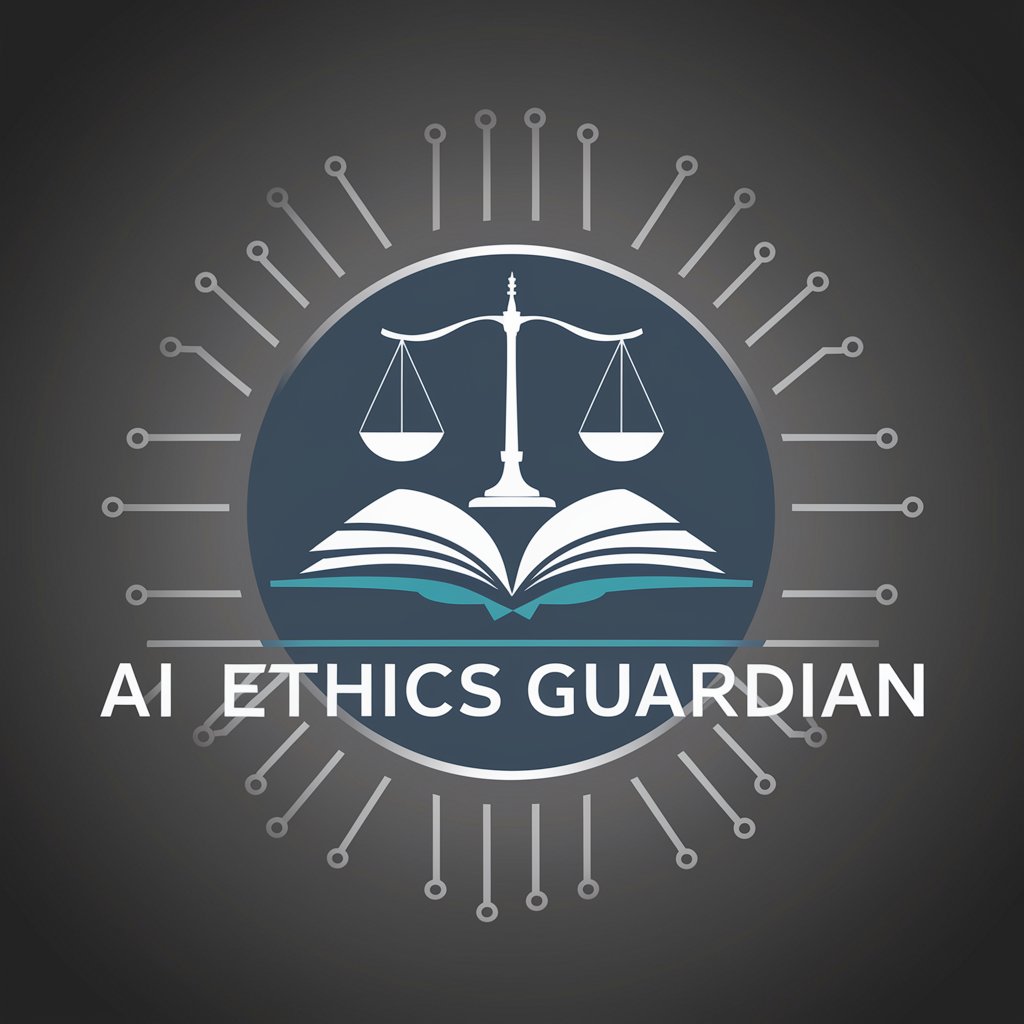
Anticipated Moral Reproach
Navigate Ethics with AI Insight
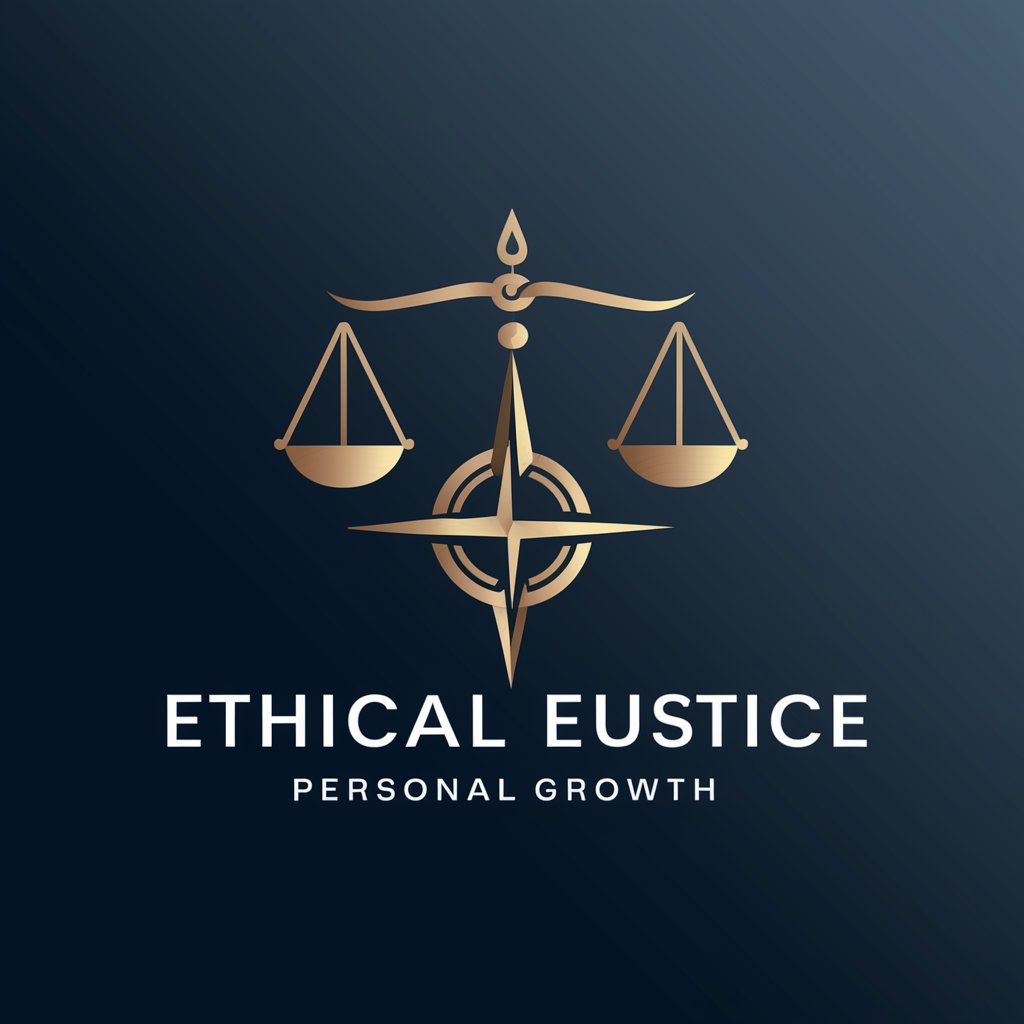
Key Attributes and Functions
AI GPTs tailored for AI Governance exhibit unique characteristics such as advanced natural language processing capabilities, the ability to learn from diverse datasets, and provide specialized support for ethical decision-making and regulatory compliance. These tools can adapt to a range of complexities, from simple ethical guideline queries to intricate compliance checks against international regulations. Noteworthy features include real-time policy updates, scenario-based risk assessments, and stakeholder engagement platforms. Furthermore, their adaptability extends to language learning, offering technical support, executing web searches, generating images for educational purposes, and conducting detailed data analyses, thus offering comprehensive support for AI Governance.
Who Benefits from AI Governance Tools
The primary beneficiaries of AI GPTs for AI Governance include policymakers, AI developers, ethical AI researchers, and businesses implementing AI solutions. These tools are accessible to individuals with no coding background, thanks to user-friendly interfaces, while also offering advanced customization options for developers and professionals with programming expertise. They serve as invaluable resources for anyone involved in the design, development, and deployment of AI systems, ensuring these technologies align with ethical standards and regulatory requirements.
Try Our other AI GPTs tools for Free
Algorithmic Auditing
Explore AI GPTs for Algorithmic Auditing: Tailored tools for fair, transparent, and ethical algorithm evaluation. Enhance accountability and compliance in your tech deployments.
Self-Directed Learning
Discover how AI GPTs for Self-Directed Learning can transform your educational journey with personalized content, intuitive learning tools, and scalable solutions for every learner.
Model Refinement
Discover how AI GPTs for Model Refinement can optimize your machine learning models with advanced features designed for efficiency, accuracy, and performance improvement.
Salesforce Enhancement
Discover how AI GPTs for Salesforce Enhancement revolutionize CRM strategies with advanced AI tools designed to optimize workflows, personalize customer experiences, and drive data-driven decisions.
Privacy Security
Discover how AI GPTs for Privacy Security are revolutionizing data protection with adaptable, user-friendly tools designed for everyone from novices to professionals.
Content Scheduling
Discover how AI GPTs revolutionize content scheduling with automated strategies, personalized insights, and efficient planning for optimal audience engagement.
Further Observations on Customized Solutions
AI GPTs offer tailored solutions across various sectors, enhancing AI Governance through intuitive interfaces and seamless integration with existing systems. These tools facilitate the creation of ethical AI frameworks, promote regulatory compliance, and support stakeholder engagement by providing actionable insights and recommendations. Their adaptability and scalability make them invaluable for organizations aiming to harness AI's potential responsibly.
Frequently Asked Questions
What is AI Governance?
AI Governance involves the processes, policies, and practices that ensure AI technologies are developed and operated in a manner that is ethical, transparent, accountable, and aligned with societal values and regulations.
How do AI GPTs support AI Governance?
AI GPTs support AI Governance by providing tools and platforms that can analyze complex regulations, offer ethical guidance, generate compliance reports, and facilitate stakeholder engagement through informed decision-making processes.
Can non-technical users leverage AI GPTs for Governance?
Yes, non-technical users can leverage AI GPTs for Governance, as these tools are designed with user-friendly interfaces that simplify the management and oversight of AI systems without the need for programming skills.
How can developers customize AI GPTs for specific Governance tasks?
Developers can customize AI GPTs for specific Governance tasks by utilizing APIs, modifying model parameters, and training the models on specialized datasets to align with particular regulatory requirements or ethical guidelines.
Are there limitations to what AI GPTs can do in AI Governance?
While AI GPTs offer significant capabilities, they are not infallible and may require human oversight to interpret and apply their outputs correctly, especially in complex ethical or regulatory scenarios.
How do AI GPTs stay updated with changing regulations?
AI GPTs stay updated with changing regulations through continuous learning mechanisms, which can incorporate the latest legislative changes, policy updates, and ethical guidelines into their knowledge base.
Can AI GPTs predict future governance challenges?
AI GPTs can help anticipate future governance challenges by analyzing trends, regulatory changes, and emerging ethical considerations, thus assisting policymakers and developers in proactive decision-making.
How does AI Governance ensure ethical AI development?
AI Governance ensures ethical AI development by establishing frameworks that guide the creation and use of AI in a manner that respects human rights, promotes fairness, ensures accountability, and minimizes societal harm.